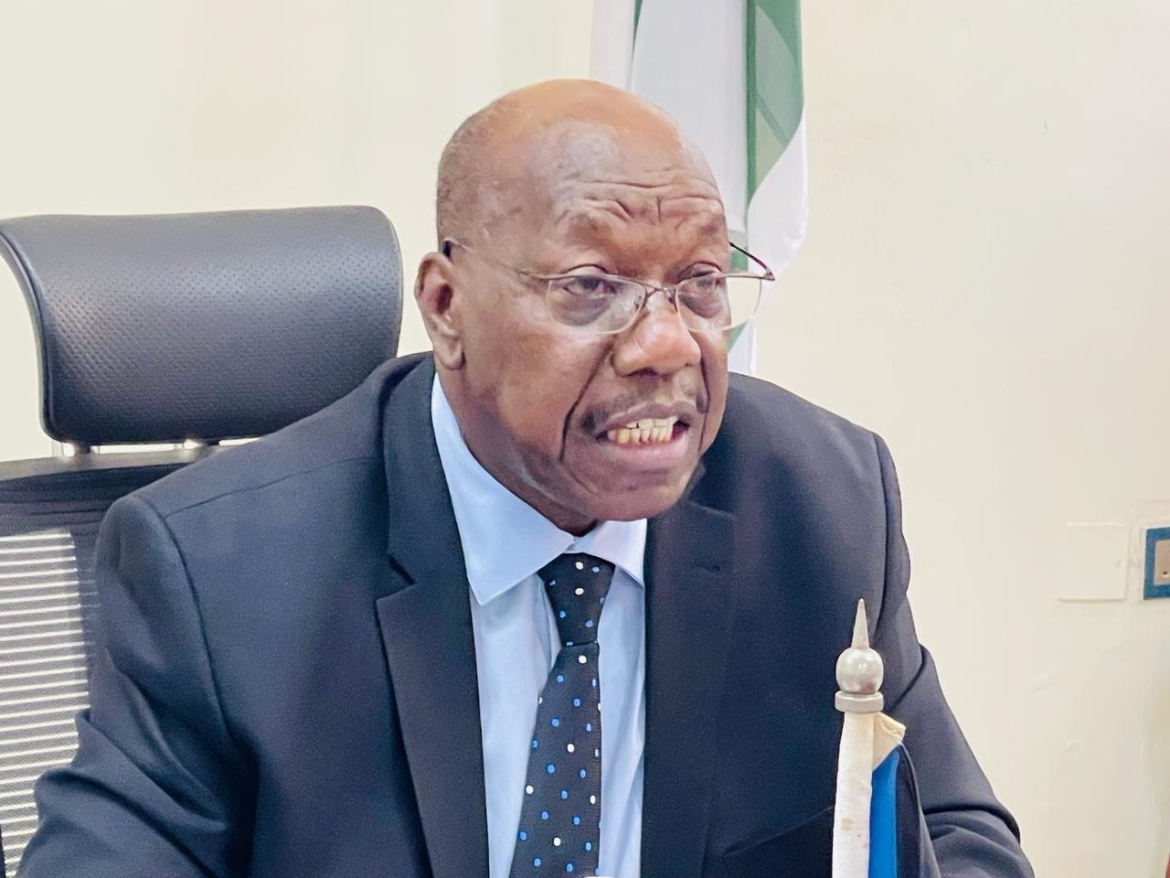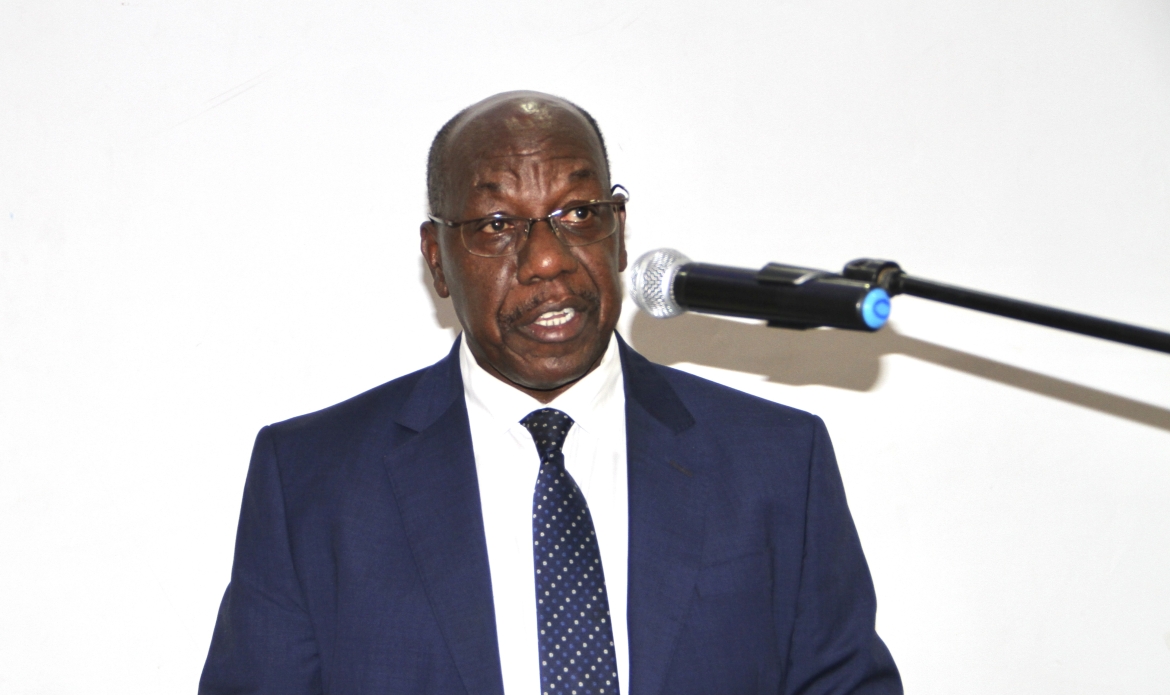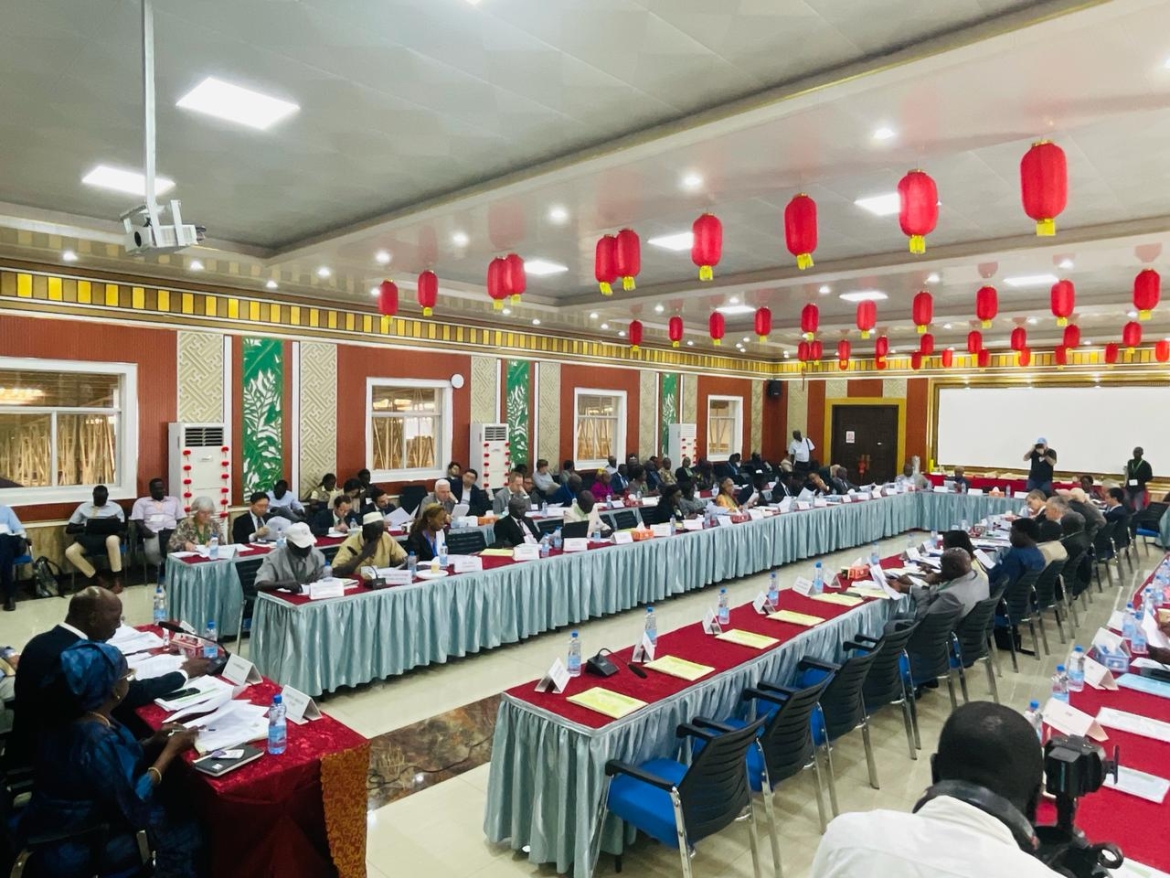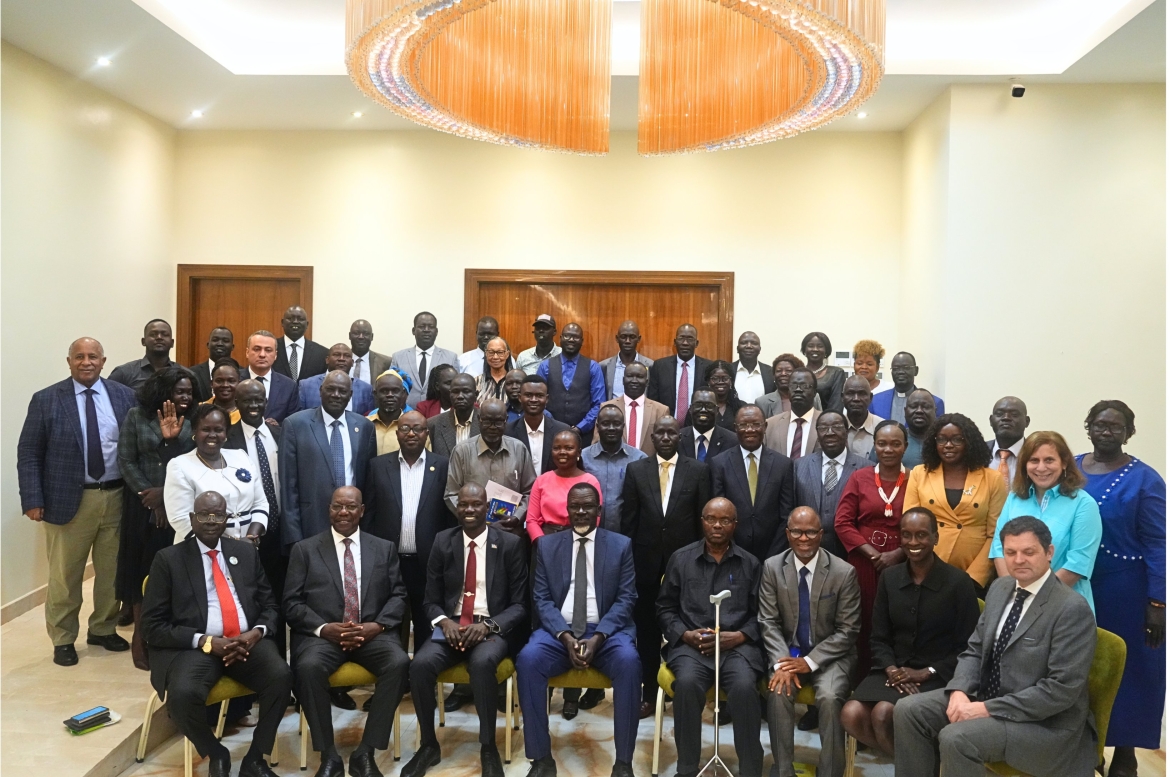LATEST: RJMEC issues Quarterly Report on the status of implementation of the R-ARCSS
The Reconstituted Joint Monitoring and Evaluation Commission (RJMEC) has released its latest quarterly report on the status of implementation of the Revitalised Agreement on the Resolution of the Conflict in the Republic of South Sudan (R-ARCSS). The report covers the first quarter of 2023.
Executive Summary
This quarterly report of the Reconstituted joint Monitoring and Evaluation Commission (RJMEC) on the status of implementation of the Revitalized Agreement on the Resolution of the Conflict in the Republic of South Sudan (R-ARCSS) is prepared pursuant to article 7.9 of the R-ARCSS and covers the period of 1 January 2023 to 31 March 2023. It is prepared on the basis of reports received various sources, including reports from the Agreement institutions and mechanisms, RJMEC monthly plenary meetings, RJMEC Working Committee monthly meetings, the RJMEC leadership’s regular consultations and engagements with the RJMEC members (Parties, South Sudanese stakeholders and adherents, regional guarantors, international partners and friends of South Sudan) and the RTGoNU leadership.
The report notes how the 24 months of the extended Transitional Period of the R-ARCSS has commenced with little progress; minimal progress for example has been made towards the commencement of the making of the permanent constitution in spite of the fact that the President assented to the Constitution Making Process Act in December 2022. In addition, there were delays in the amendment of the National Elections Act, 2012 and operationalization of the Political Parties Act. The report also highlights efforts made by the RJMEC and the regional leadership to assist the ITGoNU and SPLM/A-IO to resolve the recent political impasse arising from relieving two national ministers (Defence and Interior) from their portfolios and the swapping of the two ministries between the two parties. These interventions were aimed at urging the parties to resolve the impasse in accordance with the provisions of the R-ARCSS within the spirit of collegiality, collaboration and consensus. However, the report observes that final batch of Phase I of the Necessary Unified Forces (NUF) graduated in January 2023. Cumulatively, 55,000 NUF graduated and are yet to be redeployed. Consequently, the commencement of Phase II of the unification process is delayed. The recurrent resource constraints have undermined the Disarmament, Demobilization and Reintegration (DDR) process to start. Meanwhile, the dire humanitarian situation in the country is being worsened by attacks on humanitarian workers and assets, and looting of their supplies. Economic and financial reforms process have been initiated and ongoing, albeit slowly. There is need for related critical legislations to be enacted to support this process. The Transitional Justice processes have not advanced as expected; for example, insufficient progress was made towards the establishment of the Commission for Truth Reconciliation and Healing (CTRH). Finally, the reconstitution of the institution and establishment of the mechanisms mandated by law for the making of the permanent constitutions are behind schedule.
Furthermore, the report observes that the implementation of the R-ARCSS has continued to face multifaceted challenges since 2018, to date. These include, among others, lack of dedicated financial resources for implementing the R-ARCSS, and insufficient level of trust and confidence amongst the Parties to the R-ARCSS. In order to address the recurring challenges, the RJMEC leadership regularly engages the RTGoNU and appeals to the IGAD leadership to prevail on the RTGoNU to live up to their commitment and expedite the implementation of the R-ARCSS. The report further notes that the high-level visits of the Ecumenical Peace Pilgrimage led by Pope Francis and the Peace and Security Council of the African Union signified the region and international community’s desire for enduring peace in the Republic of South Sudan.
In light of the aforementioned, the report underscores the urgency required for expediting the implementation of the R-ARCSS by the RTGoNU prioritising allocation of predictable funding to the Agreement institutions and mechanisms, particularly to the security mechanisms in order to complete the unification of forces and to national members of the Ceasefire and Transitional Security Monitoring and Verification Mechanism (CTSAMVM), National Constitutional Amendment Committee (NCAC) and Judicial Reform Committee (JRC) in order for them to resume work.
FULL REPORT: https://bit.ly/43bJNwy





